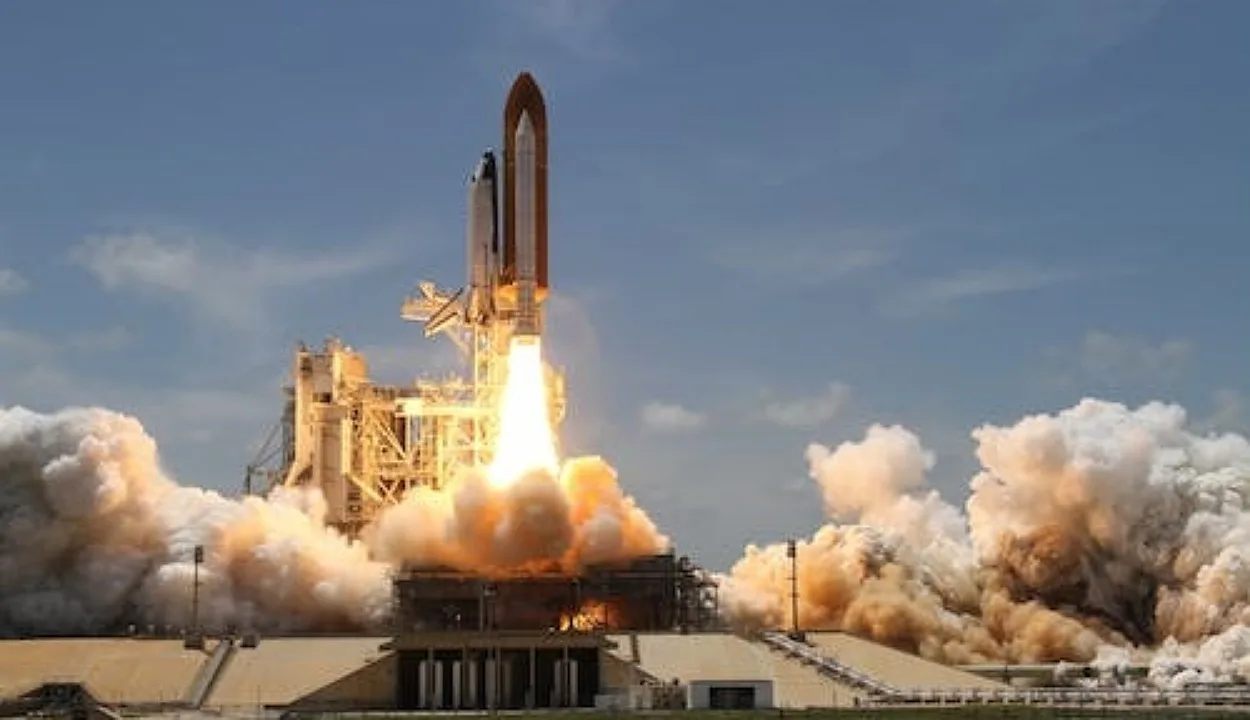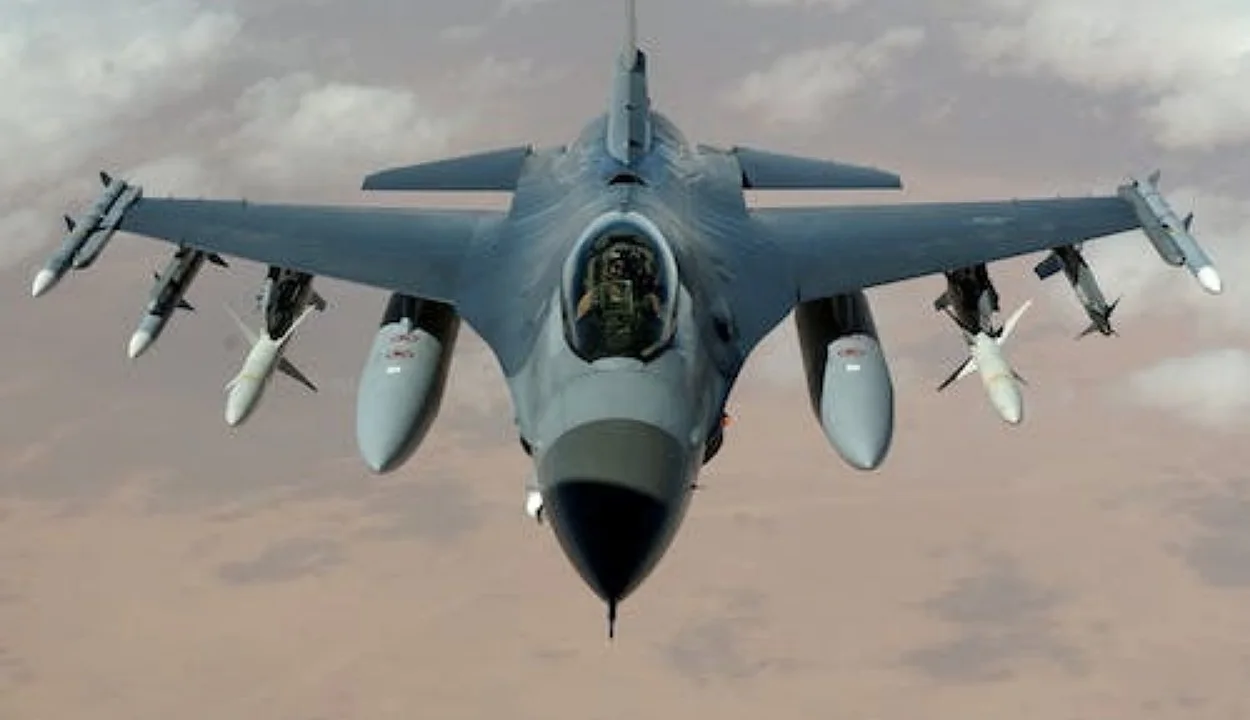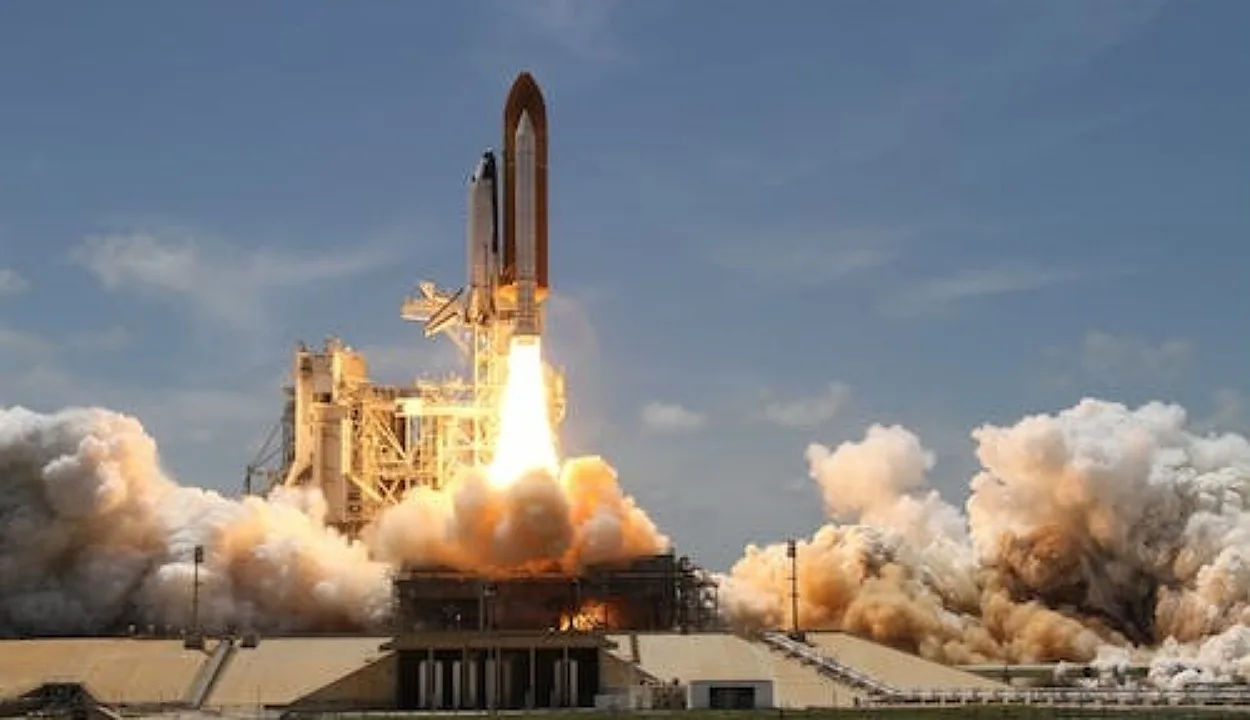Both rockets and missiles are a class of projectiles that can be employed for travel, combat, and entertainment. There are, however, some significant differences between the two.
For starters, whereas missiles are guided, rockets are normally unguided. This means that missiles can be somewhat controlled during flight; rockets depend on their initial momentum and trajectory to reach their target.
Another distinction is that while rocket engines or other propulsion systems may propel missiles, rockets are driven by propulsion systems that generate thrust through the expulsion of exhaust gases.
A missile features a guidance system that allows its trajectory and impact site to be modified mid-flight after launch. Contrarily, the direction of a rocket depends on the amount of available fuel and the height of the rocket launcher.
It is similar to artillery rounds fired from several weapons in that it is a fire-and-forget projectile. The range of the round is determined by the elevation of the cannon and the amount of powder.
What Is A Rocket?

A rocket is a particular kind of vehicle that employs an oxidizer and fuel mixture to produce thrust and move through the atmosphere or space. Rockets come in various sizes, from miniature models used for hobbies to massive rockets utilized for military or space research.
The engine, which produces the thrust required to drive the rocket, the fuel and oxidizer tanks, which store the propellant; and the guidance and control systems, which aid the rocket in navigating through the atmosphere or space, are the fundamental parts of a missile.
A wide range of fuels and oxidizers can power rockets, including liquid fuels like liquid hydrogen and liquid oxygen and solid fuels like ammonium perchlorate and aluminum powder.
The performance and capability of the rocket can be impacted by the fuel and oxidizer utilized.
Space exploration, satellite launches, military applications, and academic research are just a few of the uses for rockets.
In addition, they are employed for amusement activities like rocket-powered sports and fireworks displays. Rockets’ invention and use has significantly influenced human history, notably in space exploration.
Humans have been able to explore space and learn more about the cosmos thanks to rockets, which have also been crucial in advancing technology like satellite communications and weather forecasting.
Benefits Of Rockets
- Rockets can move at extremely high speeds, which makes them perfect for space travel.
- They can run in conditions other vehicles wouldn’t be able to, like in space or underwater.
- Rockets are relatively easy to create and operate since they are effective and simple machinery.
Disadvantages
- Rocket disadvantages include their high fuel costs and high energy requirements.
- When used, they create a lot of noise and pollution.
- Operating rockets can be risky and may inflict harm if they fail.
How Can You Define A Missile?

A missile is a projectile weapon launched from several platforms, including ground-based launchers, airplanes, and ships. Other types of warheads, such as conventional explosives, nuclear warheads, or chemical or biological agents, can be put into missiles.
Missiles can be categorized based on their range, speed, and intended usage. The following are some of the most prevalent missile types:
| Surface-to-surface missiles | These missiles are made to be fired from the ground and fly through the air to a ground-based target, like a structure or military post. |
| Surface-to-air missiles | These missiles are made to be fired from the ground and fly through the air to a ground-based target, like a structure or military post. |
| Air-to-surface missiles: | These weapons are made to be fired from an airplane and fly through the air to a target on the ground, like a structure or a military post. |
| Air-to-air missiles | Air-to-air missiles are made to be fired from an aircraft and fly through the air to engage and take out adversarial aircraft. |
| Ship-targeting missiles | These missiles are made to be fired from a ship or submarine and travel through the air or sea to attack other naval targets or enemy ships. |
For many years, missiles have been utilized for military purposes and have proved crucial in numerous confrontations. They can destroy military equipment, render hostile military capabilities inoperable, or inflict extensive damage and destruction on enemy targets while attacking them from a safe distance.
In many nations worldwide, the development and use of missiles remain a crucial component of military strategy.
Missile Benefits
- Since missile systems are significantly faster than other weapons, they can strike targets without giving much advance notice.
- Because of their high accuracy, missiles can be targeted more precisely than other weapons.
- Missiles are adaptable weapons because they can carry a range of payloads.
- Since missile technology is always developing, militaries can create new and better missile systems.
Problems With Missile
- Since missile technology is so expensive, many nations need help.
- To be employed effectively, missile systems must be carefully planned and coordinated.
- When deploying missile technology, there is a chance of collateral damage because bullets could hit surrounding individuals.
- Before a missile reaches its intended target, it can be intercepted and shot down.
Differences
Major distinctions between a rocket and a missile include:
Accuracy And quickness
A rocket must quickly pass through the planet’s atmosphere and into space. A missile travels through the atmosphere, yet it needs to hit its target precisely, which calls for excellent precision.
Therefore, a rocket outperforms a missile in terms of speed, while a missile dominates a rocket in terms of accuracy.
Usage
Rockets can be used for space and defense technologies, while missiles are only used for military applications. While missiles cannot function as spaceships, rockets may.
Both missiles and rockets fall under the same classification, yet their functions are distinct. A missile can never be a rocket, yet a projectile can be a missile.
People’s uncertainty regarding rockets and missiles will be cleared up, and the abovementioned factors will improve their understanding of them.
Navigation System

Since a rocket lacks a guidance mechanism, it might be said that it is a dumb weapon. In contrast to a missile, which needs ongoing guidance until it reaches its target, a rocket needs initial guidance during takeoff.
A missile with steady guidance can change its direction or target, whereas a rocket cannot after it has taken flight.
Warhead
Both missiles and rockets have a warhead at the front that houses explosive and poisonous chemicals. Both missiles and rockets transport these explosive warheads to their intended targets, but the main distinction is that a rocket’s warheads are unguided. In contrast, a missile’s warheads are guided.
Final Thoughts
- Both rockets and missiles are distinct from bombs because they fly in the air, whereas rockets do not.
- However, the lack of an internal guidance system to help guide them to their intended targets sets them apart from missiles.
- The earliest types of missiles, which have this function but are more modern and date only from the Second World War, are a more recent technology.
- Both weapon types are used in Ukraine and are frequently employed as anti-tank weaponry.

